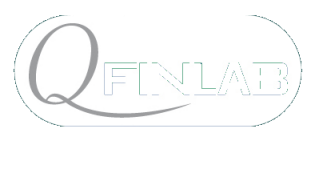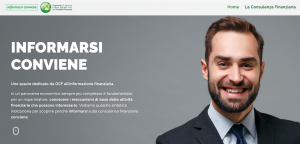We are glad to inform you that the summer school
organized by the QFinLab research group at Politecnico di Milano, jointly with the Lake Como School of Advanced Studies and Fondazione Alessandro Volta,
has extended the application deadline to May 24th 2021
Because of Covid-19 restrictions, the School will be held online
Registration fees: 150 EUR, VAT 22% included
The School aims to present the state of the art on methodologies and applications of Neural Networks and Nets to finance. The expected audience of the school is provided by PhD students and young researchers interested in applications of ML techniques to finance.People from industry are also welcome.
The school is organized through mini-courses, lectures and workshops and aims at introducing complex networks, neural networks, information filtering networks and their applications to socio-economic systems.
Minicourses:
Albert Diaz Guilera, Universitat de Barcelona (10 hours): Complex networks foundations
Tomaso Aste UCL, London (6 hours): Information filtering networks for socio-economic systems
Matteo Matteucci, Politecnico di Milano (10 hours): Introduction to neural networks: from theory to practice
Josef Teichmann, ETH Zurich (6 hours) Provable Machine Learning Techniques in Finance.
Lectures:
Christoffer Kok, European Central Bank, Contagion modelling at the ECB: analytical frameworks and policy usage
Paolo Giudici, Università di Pavia, Explanable AI credit risk models for peer to peer lending.
Andrea Prampolini, Intesa Sanpaolo, Limit order book simulation with interactive agents
Giuseppe Bruno, Banca d’Italia, Anomaly Detection in RTGS Systems: Performance Comparisons Between Shallow and Deep Neural Networks
Michele Tumminello, Università di Palermo, Insurance fraud detection: a statistically validated network approach
Daniele Marazzina, Politecnico di Milano, A machine learning model for lapse prediction in the life insurance contracts
Marcello Restelli, Politecnico di Milano, Reinforcement Learning for Automated Trading



